5 events found.
- No results were found for this week. Jump to the next upcoming events.
- No events scheduled for October 28, 2024.
- No events scheduled for October 29, 2024.
- No events scheduled for October 30, 2024.
- No events scheduled for October 31, 2024.
- No events scheduled for November 1, 2024.
- No events scheduled for November 2, 2024.
- No events scheduled for November 3, 2024.


